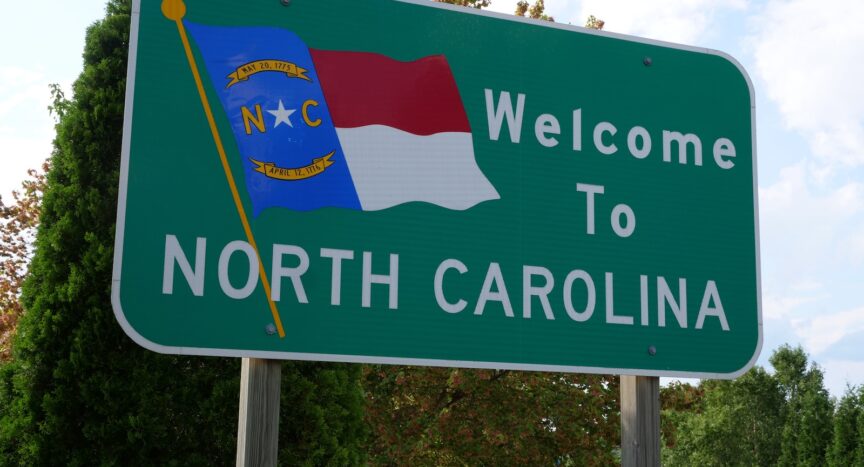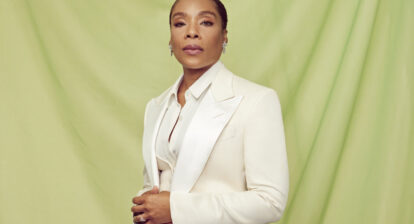In North Carolina, as across the nation, historical inequities run deep, weaving through every aspect of Black lives. The Supreme Court of North Carolina is one key institution where we observe inequities that influence decisions with long-lasting impacts on the future of Black communities. North Carolina’s court justices are elected, which is important because they often serve as the last line of defense against laws that create and perpetuate violence and unequal distribution of resources and opportunities. Increasingly, the court has become a politically polarized institution rather than an unbiased legal entity.
Consider one of the first things the court’s newly installed Republican majority did upon assuming office in 2023. Five of the seven North Carolina Supreme Court justices unprecedentedly decided to rehear—and eventually reverse— two voting rights cases decided just a year earlier. In the case Harper v. Hall, the court reversed its previous decision that politically gerrymandered maps violated the state constitution. The case Holmes v. Moore upheld restrictive requirements for voter ID. Studies show that these decisions will weigh far more heavily on Black North Carolinians.
Gerrymandering leads to vote dilution, allowing politicians to stifle the competition for political power and instead secure it for their party and themselves and limit accountability. Restrictive voter ID laws especially impact the poor and those with disabilities, as accessing the type of ID approved for voting requires both time and money. These are not abstract legal debates but life-and-death issues for our communities.
Then, there was the treatment of Justice Anita Earls. In August of 2023, in an obvious act of political retaliation, the NC Judicial Standards Commission launched an investigation into Justice Earls, the only Black female judge on the court, after she called out racial and gender disparities she experienced while serving in her role as an NC Supreme Court justice. Justice Earls filed a federal suit to defend her First Amendment rights, which she only dismissed after the Commission terminated its investigation.
The fact that Justice Earls faced this kind of scrutiny as the only Black female jurist on the court reflects the very biases Earls discussed and amplifies Black North Carolinians’ concerns that they will not receive justice from this court. This investigation is one of many indications of the treatment Justice Earls faces in this role. For example, Justice Dietz had responded to Earls’ critical dissents as “unhinged,” evoking stereotypes of a hysterical Black woman instead of simply disagreeing on the merits.
As we have seen in other states and national elections, empowering and protecting Black voters has saved democracy. Black voters have a personal stake in voting for their communities through supporting civil rights expansions, investment in communal resources and divestment from prisons and police. In short, more Black voters means a more perfect union, while a court system that works against Black voters moves us further away from an inclusive democracy.
North Carolina faces a likely close race for a supreme court seat, as well as several races for court of appeals and other lower court judges this November. These courts, particularly our state supreme court, make decisions every day that affect Black lives and futures. We at the ACLU of North Carolina have a vested interest in ensuring that all branches of state government, especially the judicial branch, represent the best interests of all North Carolinians. Through our integrated advocacy approach, which combines policy, legal, communications, and organizing strategies, we strive to challenge sociopolitical infrastructure that results in injustices like biased jury selections, stripping people of the freedom to control their bodies and reproduction, racial and gender discrimination, gerrymandered maps and legal voter restrictions.
On November 5, or before, if your state has early voting, we encourage you to use the power of your vote and critically engage every issue and race up and down your ballot, as every local, state and federal office has direct influence over our lives. Elections determine many things, including what we can read and what our children learn, whether there is lead in our pipes or whether we can receive abortion care. Elections matter!
So, please vote. All our futures depend on it.





